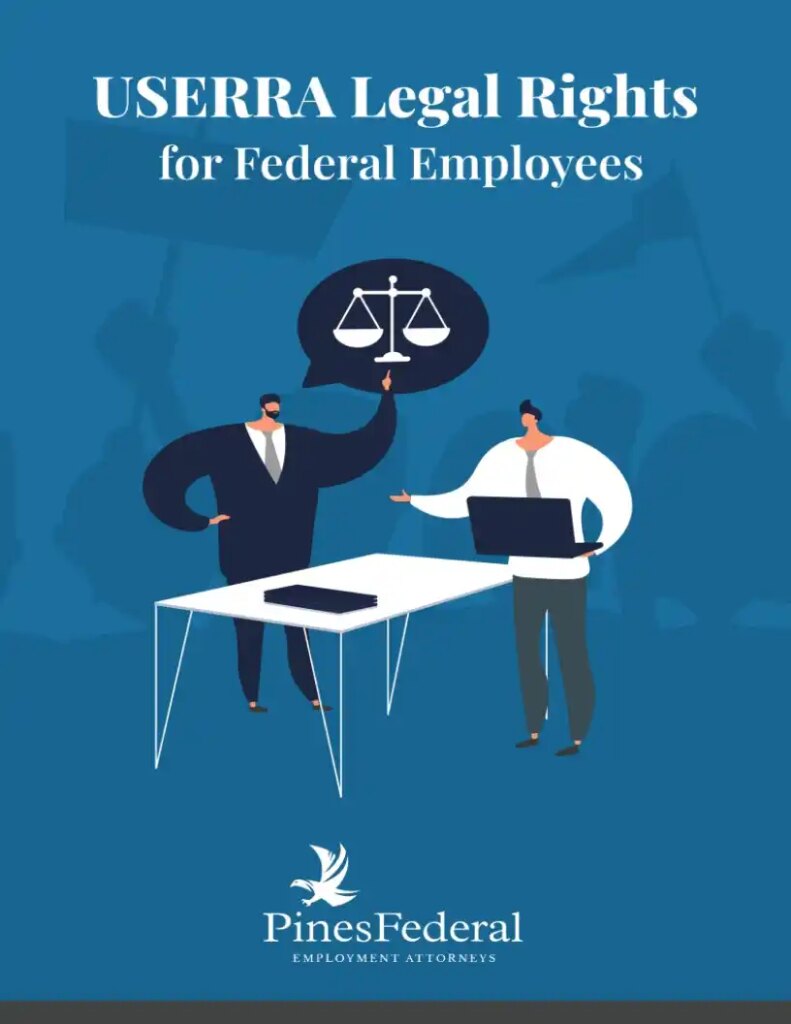
Millions of Americans choose to serve their country by enlisting in the military.
And as anyone who has served in the military can tell you, it’s a life-changing experience.
While most Americans are proud of the country’s veterans, others harbor discriminatory views.
At least one study indicated a public perception that veterans are mentally unstable. Countless movies and TV shows portray veterans as damaged, violent, or troubled. Perhaps it is no surprise that some discriminate against veterans due to those preconceptions.
Nevertheless, many people overlook military discrimination in the workplace.
We’re often asked, Are veterans a protected class? The law is clear.
Workplace discrimination against someone because of military service or veteran status is just as illegal as race, sex, or age discrimination.
Read on to learn more about how the law protects veterans from discrimination. We’ll also discuss several examples of military discrimination.
For assistance, please contact us online or by calling (800) 801-0598 today. Our experienced USERRA lawyers can provide the assistance you need.
Is Military Status a Protected Class?
Yes. The Uniformed Services Employment and Reemployment Rights Act (USERRA) prohibits employment discrimination against anyone because of their past, present, or anticipated military service. USERRA also prohibits federal and civilian employers from retaliating against anyone who asserts their rights under the law. In addition, USERRA provides reemployment protections for service members.
Specifically, it gives military service members who have to leave a civilian job to perform military service the right to automatic reemployment after they complete their tour of duty. Moreover, returning military members must receive the same status, seniority, and pay they would have had if they had remained with the employer during their service period.
If you receive different treatment because of your service or lose your civilian position because of your military service, then you might have a potential USERRA case.
Four Examples of Veteran Discrimination
Now that you know the law regarding military discrimination, let’s explore a few hypothetical examples of veteran discrimination.
Example #1: Mike’s Demotion

Mike is a former Marine who served multiple tours in Iraq. Four years ago, he joined the Department of the Interior.
Since he began his position, Mike’s colleagues have frequently made snide remarks to him about the American wars in the Middle East. They regularly pepper their conversations with comments insinuating that veterans like Mike were “warmongers” or “part of the problem.”
When Mike confronted them, they brushed it off as “just jokes.” A few days after the incident, Mike’s supervisor scolded him for pushing back against his co-workers. She told Mike his behavior was “inappropriately aggressive” before adding that he was “not in the Marines anymore.”
The supervisor then demoted Mike. However, none of Mike’s colleagues received any punishment.
Example #2: Karen’s Exclusion from Work Events
Karen is an army veteran who sustained a leg injury during her deployment. As a result, she uses a prosthetic leg. Fortunately, she has no mobility issues whatsoever.
However, her managers frequently excluded her from off-site work events or training sessions. When she asked her manager about the exclusion, he told her that “she had already sacrificed enough” during her military service. He said she did not need to come because he did not want her to “struggle” during these work events.
Like Alex’s situation, Karen’s manager is committing both military discrimination and disability discrimination.
Example #3: Lisa’s Disappearing Position
Lisa is a naval reservist. Last year, she had to take a year off from her job at the Internal Revenue Service (IRS) for deployment.
After she completed her tour, she attempted to return to her IRS position. However, her manager told her that her position had been cut due to budget reductions. Upon further investigation, Lisa discovered no other layoffs on her team. A few weeks later, Lisa noticed a job posting for her former position.
Contact Our Experienced Military Discrimination Lawyers
Veterans do an incredible service for the country. As such, they deserve to receive all of their rights. Consequently, it’s simply unacceptable when difficult or ignorant federal agencies discriminate against veterans. If you believe you are experiencing military discrimination, don’t wait in the hope that things will work out naturally. Get help instead.
At Pines Federal, our highest priority is protecting the rights of federal employees, especially veterans. We have decades of experience protecting veterans from discrimination and USERRA violations. Consequently, our dedicated legal team knows how to help you respond to your agency’s illegal acts and prides itself with outstanding client care.
Reach out online or by phone at (800) 801-0598 to start your journey towards justice.
[DOWNLOAD] USERRA Legal Rights for Federal Employees
